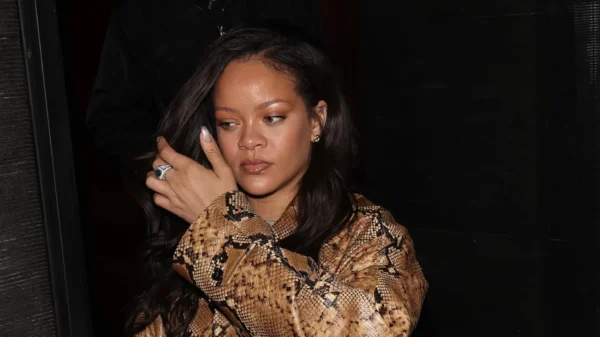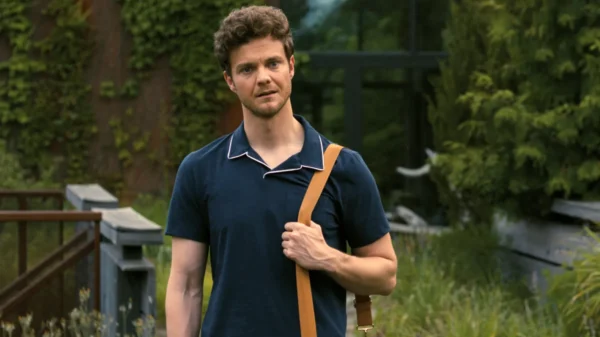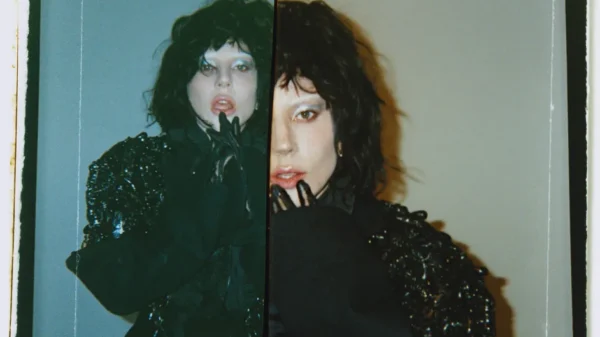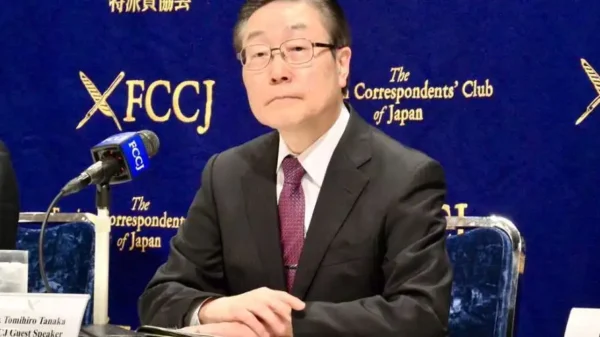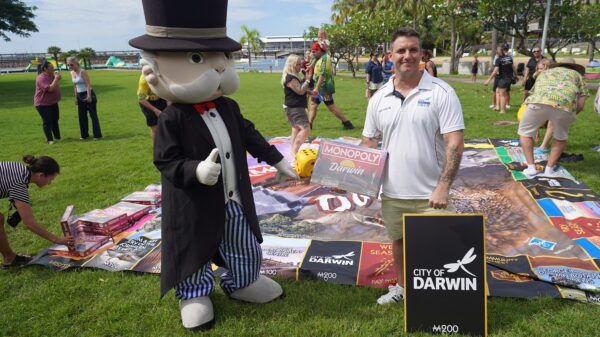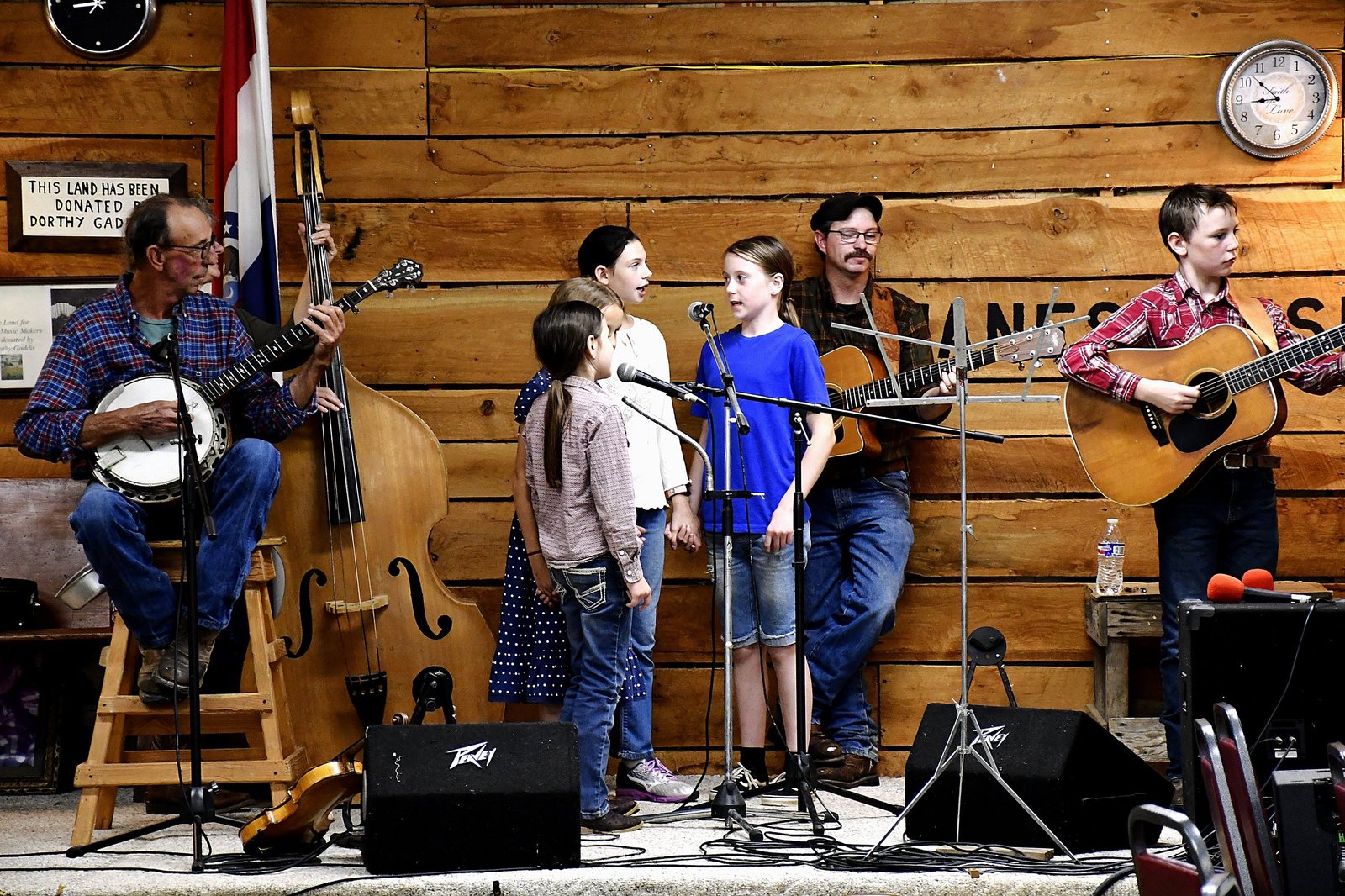Music has always been an integral part of human culture and has played a significant role in various festivals and celebrations around the world. From traditional folk songs to modern compositions, music has the power to bring people together, evoke emotions, and create a sense of unity and belonging.
Preserving Cultural Heritage
One of the key roles of music in cultural festivals and celebrations is its ability to preserve and showcase a community’s cultural heritage. Traditional songs and melodies passed down through generations tell stories of a particular culture’s history, values, and traditions. They serve as a link between the past and the present, allowing younger generations to connect with their roots and understand their cultural identity.
Whether it’s the rhythmic beats of African drums, the haunting melodies of Native American flutes, or the vibrant sounds of Indian sitars, music has the power to transport us to different times and places, providing a deeper understanding of diverse cultures.
Creating a Festive Atmosphere
Music sets the tone for any celebration. It creates a festive atmosphere, energizes the crowd, and adds excitement to the event. Whether it’s a lively street parade, a religious ceremony, or a cultural gathering, music enhances the overall experience and brings people together in celebration.
Think about the joyous sounds of mariachi bands during Mexican festivals, the rhythmic clapping and singing during Greek weddings, or the lively bagpipe tunes at Scottish Highland games. These musical elements not only entertain the attendees but also create a sense of unity and camaraderie among participants.
Expressing Emotions
Music has the power to express a wide range of emotions, from joy and happiness to sadness and nostalgia. In cultural festivals and celebrations, music becomes a medium for emotional expression. It can evoke a sense of pride, excitement, or even bring tears to one’s eyes.
For example, during religious festivals like Diwali in India, the sound of devotional songs and chants fills the air, creating a serene and spiritual atmosphere. In contrast, during Carnival in Brazil, the energetic rhythms of samba music ignite a sense of joy and celebration.
Encouraging Participation and Interaction
Music in cultural festivals and celebrations is not just a spectator experience; it encourages active participation and interaction. It brings people together, regardless of age, background, or language, to sing, dance, and play musical instruments.
For instance, in Irish festivals, traditional folk music invites everyone to join in lively jigs and reels, creating a sense of community and shared experience. Similarly, in African festivals, the rhythmic beats of drums inspire people to dance and engage in collective celebration.
Uniting People from Different Backgrounds
Music has the unique ability to transcend cultural boundaries and unite people from different backgrounds. In multicultural societies, festivals and celebrations provide an opportunity for diverse communities to come together and appreciate each other’s traditions.
Music acts as a common language that everyone can understand and enjoy. It breaks down barriers and fosters understanding and respect among people of different cultures. Festivals like the Notting Hill Carnival in London or the Mardi Gras in New Orleans showcase the power of music in bringing diverse communities together in celebration.
Conclusion
Music is an essential element of cultural festivals and celebrations. It preserves cultural heritage, creates a festive atmosphere, expresses emotions, encourages participation, and unites people from different backgrounds. Whether it’s the traditional melodies of ancient civilizations or the contemporary sounds of modern compositions, music plays a vital role in enriching our cultural experiences and strengthening our sense of community.









